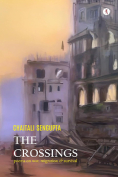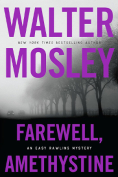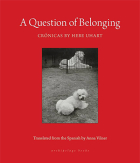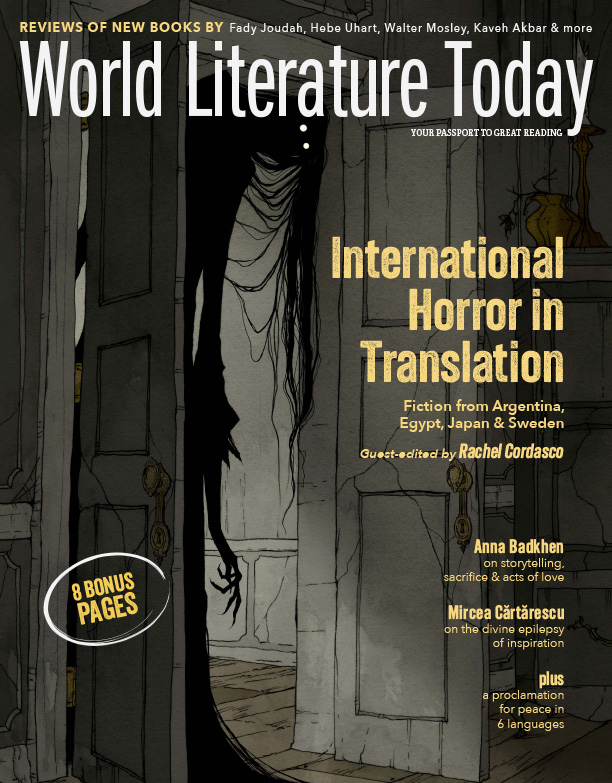The Silver Bone: A Novel by Andrey Kurkov
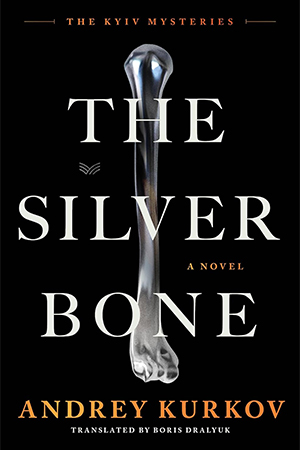 New York. HarperVia. 2024. 304 pages.
New York. HarperVia. 2024. 304 pages.
The sufferings of the Ukrainian people are not just a matter for our evening news. Conquerors have rolled over the area from before the Scythians and exploited its open spaces and agricultural riches, with perhaps no time period being more brutal than the twentieth century. A major battlefield in the post–World War I Soviet-Ukrainian War led to a Bolshevik regime and then to the Soviet “russification” programs, in which it is estimated that about five million Ukrainians died in the resulting famine deliberately engineered by Stalin. As if such horrors weren’t enough to endure, the survivors were then subjected to the Nazi occupation. Yet, despite the sad historical context of these murderous depredations, Ukraine has courageously hung on to its identities of language and culture, cherishing its poets, novelists, and artists.
Andrey Kurkov has been described as Ukraine’s most famous living writer and lives in Kyiv. His first novel translated into English, Death and the Penguin (2003), was a major bestseller. Though born near Leningrad, he staunchly defends the independent existence of Ukraine in these desperate times and has remarked on the parallels between the setting of his recently translated novel, The Silver Bone, and the present. Set during the period of the war for control of Kyiv in 1919, the novel begins with a young man, Samson Kolechko, and his father attacked in the street by saber-wielding Cossacks. His ear is hacked off and his father’s head split like a melon. Samson’s wound heals and he goes on with his difficult life, but he discovers he has developed special abilities in hearing without his ear.
For the first one hundred pages or so, the novel primarily concerns itself with Samson’s adjustment to life in Kyiv, patiently dealing with the realities of the Bolshevik occupation. Red army soldiers appear at his house and move themselves in. Under cover of the term “requisition,” they loot what they want, tell him what to cook (despite the shortages), and Samson overhears them consider murdering him for no particular reason. They come and go and eventually disappear. Samson meanwhile deals with the bureaucracy and, for instance, gets a pistol license. Communists always loved their documents, and Samson always seems to be trying to acquire proper papers of some kind. All this is familiar terrain. The Kafkaesque landscape menaces with certain and uncertain punishments, and the characters stagger on, resigned to their fate, gamely doing whatever is necessary to get by. People caught behind what would come to be known as the Iron Curtain resigned themselves with a dark, whimsical attitude to lives filled with despair.
And yet, just as the reader might think she has recognized the shape of the novel, it shifts. Announced on the cover as volume 1 of the Kyiv Mysteries series, The Silver Bone suggests a more traditional crime novel. In the hands of a less skilled writer, this would seem like an attempt to grab readers by the collar before they try to slip out the side exit. Somehow Kurkov, who has kept the reader engaged throughout the first part of the book, moves unobtrusively into the second phase. The shift doesn’t come across as a contrivance at all, even if he is setting up an unusual type of detective series. It avoids the stench of one of those detective novels done by a slumming literary author for a quick rent payment.
Kurkov has been described as a “Ukrainian Murakami,” and perhaps this genre shapeshifting resembles Murakami’s ludic experiments with genre, but Kurkov is less surrealist. The novel is based firmly in the textures of life in an autocratic state. Supposedly, the novel was inspired by Kurkov’s examination of Bolshevik police documents from 1919. The absurdity is in the reality of those documents rather than an imagined dreamscape. One could also argue that the relaxed quality of the straightforward translation also gives the book a realistic quality, even when things in the story seem the most absurd. The Silver Bone is excellent. It is easy to read, intelligent, and, despite the dark contexts out of which it arose, delightfully entertaining as well. It is hard to imagine a more likable novel.
J. Madison Davis
Norman, Oklahoma


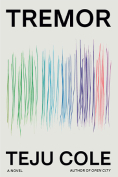
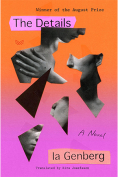
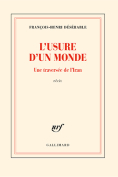
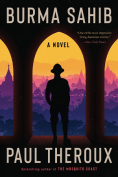
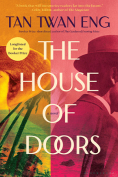
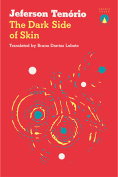
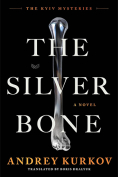

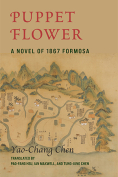
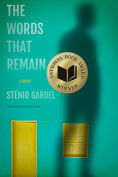


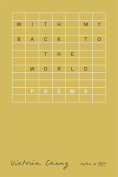
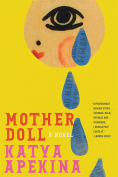



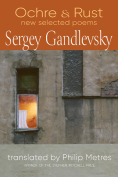
![The cover to [...] by Fady Joudah](/sites/worldliteraturetoday.org/files/styles/backissue_small/public/Joudah.jpg?itok=HZO1_68A)

